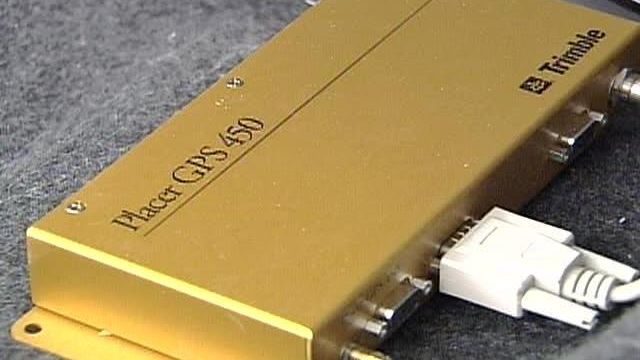Local News
Drivers Charged a Use Tax By the Mile?
The Road User Charge Study will survey drivers in North Carolina and five other states. The idea is that instead of a gas tax, drivers would be charged a use tax by the mile.
Posted — UpdatedRALEIGH, N.C. — People who make their own bio-diesel are now exempt from the state motor fuels tax.
Governor Easley signed the bill into law Friday. The move saves the home brewer of alternative fuel about $2,500. State law defines biodiesel as "any fuel or mixture of fuels made from agricultural products or animal fats.”
Taking it easy on alternative-fuel users is one more squeeze on road-building money, however. Gasoline revenues have declined as incentives increased and auto companies built more efficient cars.
Cars that get better gas mileage, such as hybrids and alternative-fuel vehicles, are a bigger percentage of the cars on the road. They're also contributing to less pain at the pump and easing environmental impact.
But, there’s a fork in the road. Increased fuel economy means that even though people are driving more miles, they are buying less gas.
“Gas tax revenues are going down. We need to find some way to make up for that to pay" for roads, said Joe Hummer with N.C. State University.
Hummer said he is a Triangle supporter of a nationwide study that should get under way in a few weeks. The Road User Charge Study will survey drivers in North Carolina and five other states. The idea is that instead of a gas tax, drivers would be charged a use tax by the mile.
Central to the concept would be global positioning satellite (GPS) units that would track where the vehicle was at what time of day. That data would be fed into a computer that would keep track and then ultimately send the owner of the vehicle a bill at the end of the month, according to Hummer.
Researchers say it's all about who puts the most wear and tear on the roads. A sliding scale would charge drivers a higher rate for driving at peak hours and more for driving on heavily traveled roads.
Because it's an urban highway, a trip down the Beltline would cost you a little more. If you take Interstate 40 to the beach, it would also bump up the tab.
Many drivers said they have concerns about paying by the mile.
“[That’s] invading on people's privacy. People shouldn't know where you're going, what you're doing,” said driver Kim Rose. “I don't want people to know where I'm going.”
The concept is a long shot, but researchers said they want to stop the trend of declining revenues and declining road conditions.
University of Iowa researchers are leading the study. They will be looking for about 450 Triangle area drivers to participate in the study as soon as legal issues are resolved.
• Credits
Copyright 2024 by Capitol Broadcasting Company. All rights reserved. This material may not be published, broadcast, rewritten or redistributed.





